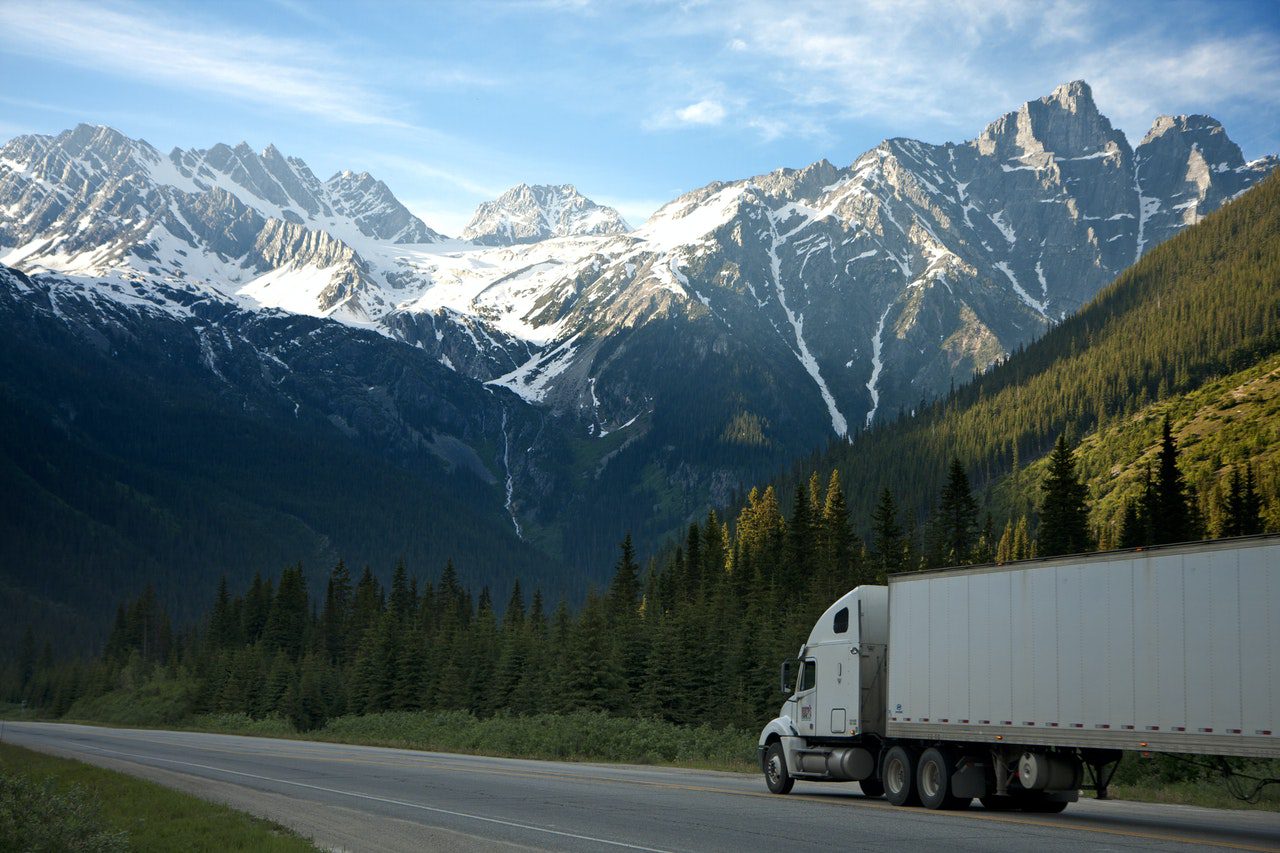
The Trucking Shortage Explained and How Dedola is Helping Mitigate the Supply Chain Crisis
The ongoing pandemic has undeniably changed the way most businesses operate, and no sector has felt the effects more than the cargo transportation industry. Significant supply chain disruptions have become the new normal, with importers dealing with higher rates, space shortages, and shipping delays. With cargo vessels stacked up in U.S. ports, the normal flow from foreign ports of origin is at an unprecedented level of disarray.
Domestic transportation is also in crisis for many reasons, with massive trucking shortages complicating local and long-haul deliveries to distribution points throughout the U.S. This shortage will significantly impact the delivery of seasonal goods and will likely be felt far beyond the 2021 holiday season.
Some industry executives are blaming trucking shortages on such factors as increased unemployment benefits disincentivizing frontline workers. But other factors, such as increased competition from start-ups looking to snag their market share.
Other Contributing Factors to the Trucking Shortage
In 2018, the trucking industry reported a shortage of about 60,800 drivers. By 2023, that number could rise to 100,000, according to the American Trucking Association. All this leads to more potential holiday shipping delays and increased bottlenecks coming out of the nation’s ports.
The drivers who remain working are tired. There is also a significant amount of industry turnover, making it more challenging for companies to hang on to their workforce. Some companies are offering signing bonuses as high as $15,000, paired with higher wages.
Long haul drivers may become interested in more last-mile delivery type options to improve their work-life balance. Those are the types of jobs that allow people to return to their family each night, without the extensive travel schedules. Less extended travel could take on increasing importance for drivers valuing health and wellness during a pandemic.
California’s Independent Contractor Legislation Could Complicate the Shortage
Proposed legislation in California could also impact the trucking shortage in the U.S. The industry has traditionally relied on owner-operators, which would get more complicated if the proposed legislation passed.
Many options have been discussed and theorized about how the industry might deal with new rules, but it seems unlikely that trucking companies will simply add more company drivers into the mix. This type of legislation could potentially damage an already slowed industry that relies on contract workers to move goods.
Environmental Regulations for Older Trucks Restrict Equipment Options
Carriers in California can’t use trucks older than a 2011 model or engines manufactured before that time. These vehicles are automatically blocked for registration by the state’s Department of Motor Vehicles for environmental and health reasons after more new legislation passed.
The requirement is that vehicles must be 2011 or newer or powered with a 2010 or newer engine. These new requirements will be fully in place by Jan 1, 2023.
How the Vaccine Mandates Could Also Complicate a Trucker Shortage
The trucking shortage has impacted all corners of the U.S and continues to cause issues worldwide. It has also impacted nearly every industry with goods that need to make their way to consumers.
In September of this year, President Joe Biden announced a vaccine mandate for companies with 100 employees or more to better address rising Covid cases in the U.S related to the Delta variant.
If otherwise available drivers can’t transport their loads, it could cripple the supply chain even further. One large trucking company in Nevada estimated that up to 40 percent of their available workforce remained unvaccinated.
There are concerns that drivers in larger companies may want to leave for smaller companies, leading to more turmoil.
Dedola’s Role in Alleviating the Trucking Shortage
At Dedola Global Logistics, we remain at the forefront of alleviating the global supply chain crisis. Over the years, we’ve built a worldwide network of loyal trucking company partners and maintained long-term relationships with all of them.
We have the capability of searching for the best routes for our customers while coordinating with multiple partners and getting you access to options that might otherwise remain closed. We can combine modes of transportation and develop custom logistics plans to fit your needs by consulting with our network. Other forwarders may stick you with one option and extensive wait times.
Months ago, it was nearly impossible to get cargo by truck in and out of Chicago, one of the busiest transportation and cargo distribution hubs. Because of our solid relationships with trucking companies in that region, we were able to keep cargo moving for several of our Chicago-Midwest customers. It’s taken years of work, trust, and creating bonds with our partners and is another ingredient in the Dedola Difference recipe.
In other cases, we’ve sourced work for trucking companies in other parts of the country. We have helped our customers who ordinarily don’t use our trucking services find truckers while they were under pressure and desperate to get their cargo out of the busiest ports.
Dedola has routinely helped our clients move their product to where it needs to be through efficient and affordable trucking options, despite the ongoing trucking shortage. While other companies have struggled with reliably moving cargo, we have the capabilities to help our customers every time.
Dedola Global Logistics remains committed to our supply chain optimization mission, including maintaining efficient services during the trucking shortage. We provide unparalleled levels of customer service and access to industry-leading logistics expertise. Our experienced staff can help you find the trucking route that’s right for you. If you’d like to discuss your trucking needs, call (800) 516-3099 or contact us today!
WATCH: NEW INFORMATIONAL VIDEO! DGL Explains What Importers Shipping Via Air Freight Should Know


